Books of Thought
Explore our curated list of Books of Thought—discover inspiring reads, profound ideas, and transformative knowledge to expand your mind and perspective.

Book
A People's History of the United States
by Howard Zinn
Presents the history of the United States from the point of view of those who were exploited in the name of American progress

Book
The Brothers Karamazov
by Fyodor Dostoyevsky
Story of three sons of a drunkard: Ivan, a materialist, Alyosha, a mystic, and Mitya, tried and convicted for murdering their father.

Book
Nineteen Eighty-four
by George Orwell
Eternal warfare is the price of bleak prosperity in this satire of totalitarian barbarism.

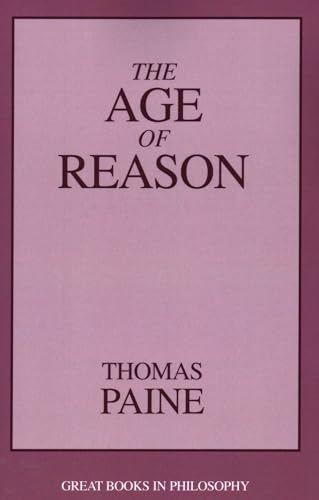

Book
Exile and the Kingdom
by Albert Camus
These six stories, written at the height of Camus' artistic powers, all depict people at decisive, revelatory moments in their lives. Translated by Justin O'Brien.
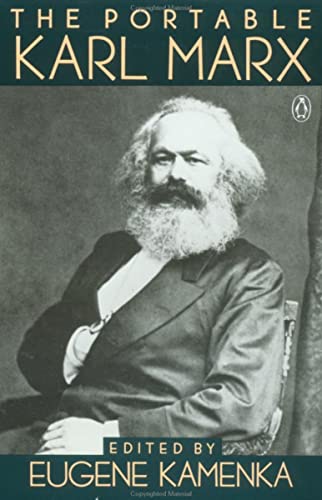
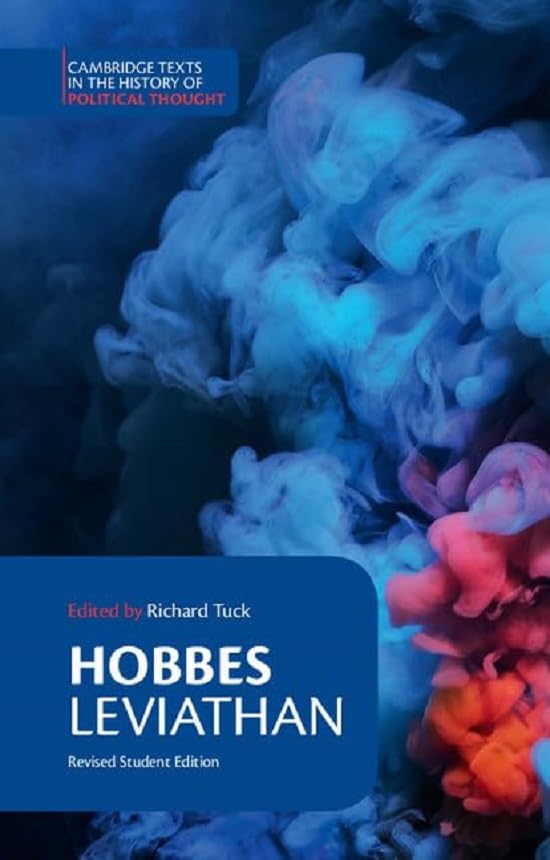

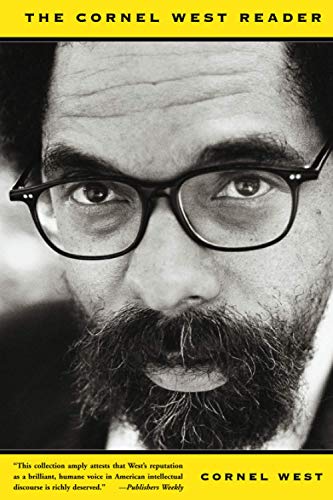

Book
The Prince
by Niccolo Machiavelli
Here is the world's most famous master plan for seizing and holding power. Astonishing in its candor The Prince even today remains a disturbingly realistic and prophetic work on what it takes to be a prince . . . a king . . . a president. When, in 1512, Machiavelli was removed from his post in his beloved Florence, he resolved to set down a treatise on leadership that was practical, not idealistic. In The Prince he envisioned would be unencumbered by ordinary ethical and moral values; his prince would be man and beast, fox and lion. Today, this small sixteenth-century masterpiece has become essential reading for every student of government, and is the ultimate book on power politics.
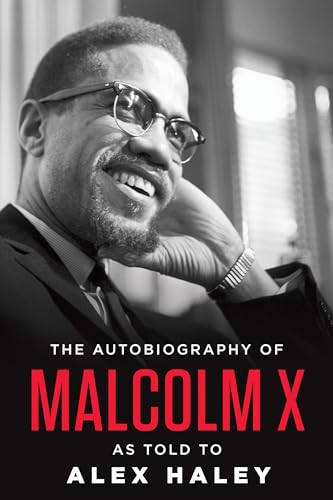
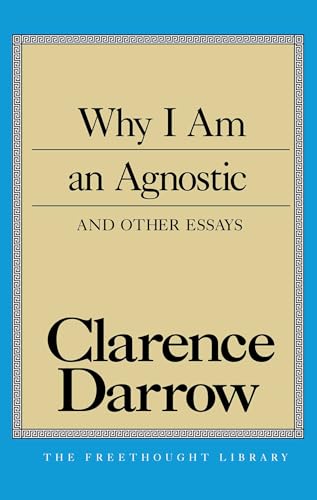


Book
Molloy, Malone Dies, The Unnamable
by Samuel Beckett
The first novel of Samuel Beckett's mordant and exhilarating midcentury trilogy introduces us to Molloy, who has been mysteriously incarcerated, and who subsequently escapes to go discover the whereabouts of his mother. In the latter part of this curious masterwork, a certain Jacques Moran is deputized by anonymous authorities to search for the aforementioned Molloy. In the trilogy's second novel, Malone, who might or might not be Molloy himself, addresses us with his ruminations while in the act of dying. The third novel consists of the fragmented monologue–delivered, like the monologues of the previous novels, in a mournful rhetoric that possesses the utmost splendor and beauty–of what might or might not be an armless and legless creature living in an urn outside an eating house. Taken together, these three novels represent the high-water mark of the literary movement we call Modernism. Within their linguistic terrain, where stories are taken up, broken off, and taken up again, where voices rise and crumble and are resurrected, we can discern the essential lineaments of our modern condition, and encounter an awesome vision, tragic yet always compelling and always mysteriously invigorating, of consciousness trapped and struggling inside the boundaries of nature.